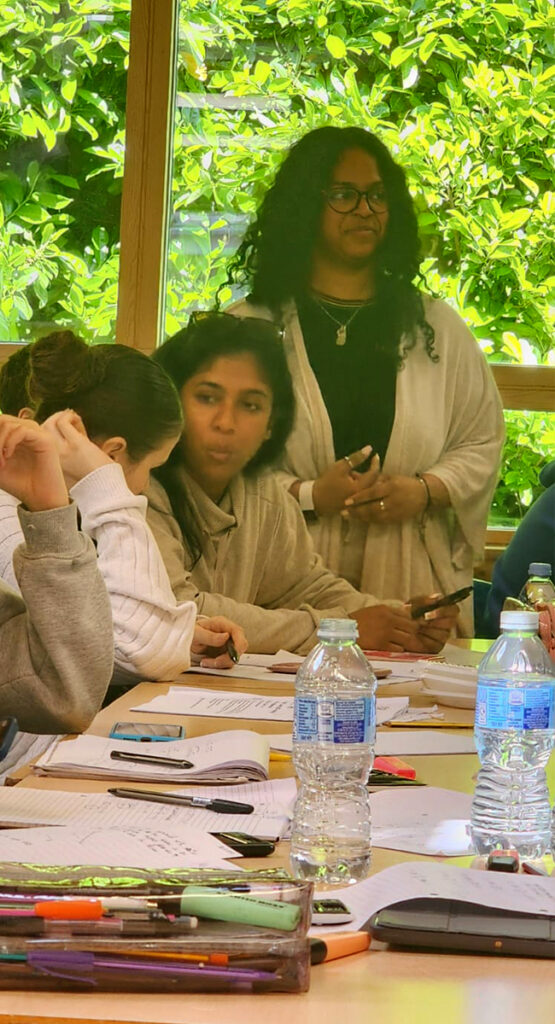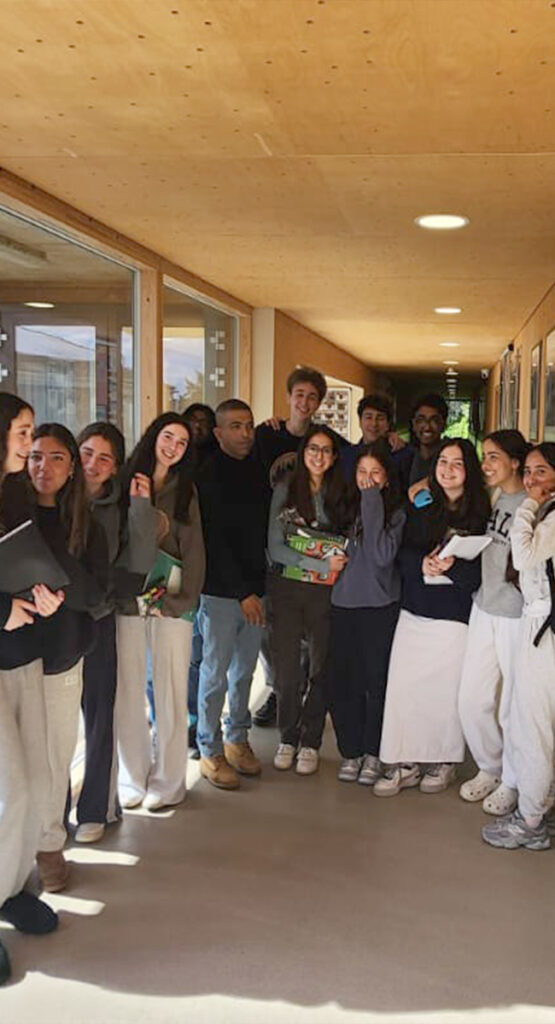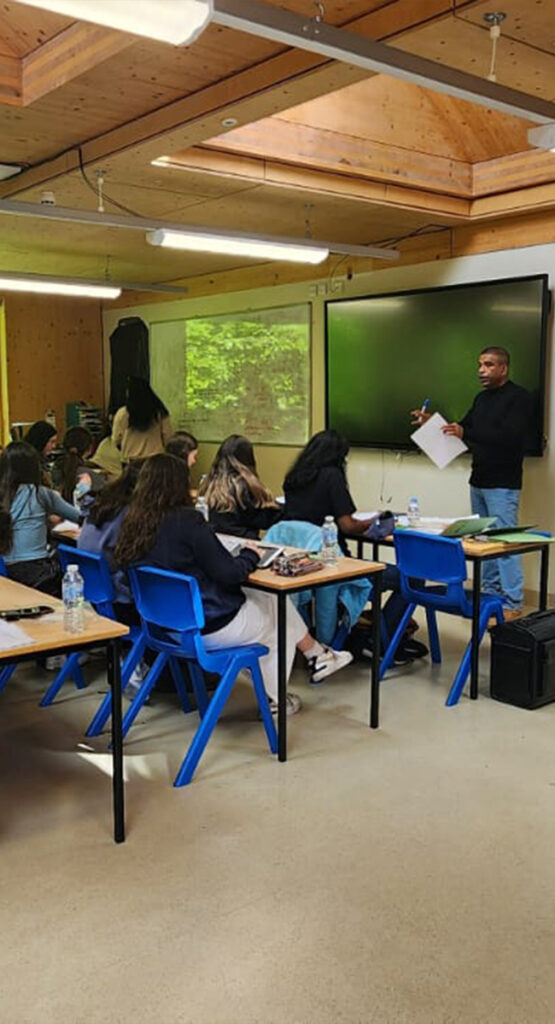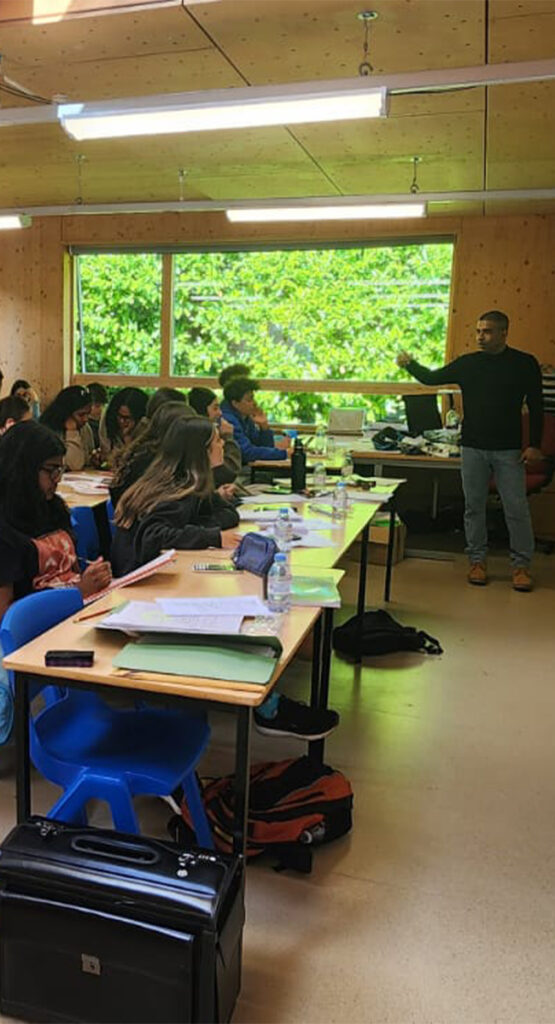Our Value
Hello Parents!
Do these questions ring a bell?
- I know my son / daughter is better than this
- He / She should be in a higher set
- He / She has lost confidence in his / her ability
- I need my son / daughter to be happy and do whatever is comfortable for them (maybe do the bare minimum – foundation and pass with a level 4)
- Making careless mistakes hence not achieving
- Have no interest / lost interest in maths / education
- He / She does not learn much / anything in school


Inefficiencies in the current education system
- The current education system in the UK only caters for about 50% of the student population (the middle 50% of the normal distribution curve)
- The top end students with certain difficulties may not be recognized or fall behind.
- The bottom end students may not be given enough guidance or support to recognize and deal with their weaknesses
- Differently abled students (ASD, ADHD, Dyspraxia, Dyslexia etc.) are not fully supported or not supported at all
- The education system is mainly based on memory-based learning rather than logical understanding
- In schools, majority of the teaching is not done to create an interest or enjoyment
- In schools there’s hardly any system to cater for individual needs (personalized) except for a very few special need children (it is impossible for a teacher teaching a class of 30 students to do this)
Prevalent issues of students and the main concerns of parents
- Students lacking in confidence
- Lack of motivation
- Not achieving the deserving grades in exams (some parents say “I know my son/daughter is clever, but he/she is in a lower set or getting lower grades”)


A class teacher can sometimes fall short in these areas
- Catering to individual needs
- Recognizing different moods of students at different times
- Delivering equally to all the students
Our Goals
- Create an interest in learning and how to enjoy maths
- Recognize strengths and weaknesses of each student
- Motivating and building confidence
- Categorize students into different groups
- Clarify requirements and expectations of students and parents
- Different teaching methods and approaches depending on the requirements
- Guide students with personalized study programs and revision timetables
- Different exam techniques for differently abled students
- Feedback, advise and support to parents
- Regular progress monitoring system for each student
- Support and help in keeping up with the school syllabus and homework
- Ensuring that the students’ and the parents’ expectations are met and the desired grades are achieved
- Support and advise on selecting A/L subjects and University/Diploma/BTec Programs
Do students who are doing well in class need tuition?
YES !
- To check it they are using logic rather than memorizing. It is very difficult to get students back on track after they get the KUMON syndrome
- Save them at the early stages from becoming robotic
- Learn maths correctly
- How to read and understand questions
- How to interpret questions
- To recognize the potential of a child. In a school it is difficult for a teacher to recognize this but our experienced tutors will be able to recognize other special abilities in children
- Each child is different and we teach student specific study methods, exam techniques, stress management, time table organization and more
- Recognize the different in the pace of leaning
- Recognize how much material is absorbed during a lesson in school
- Coach children on how to obtain maximum understanding from school teaching
- We teach students why we do things the way we do, not just how we do them Specifically, targeting logic and meaning highlighting why we use different methods for questions presented differently
Some Examples of Unique Teaching methods
- Every single student needs a different dose of teaching / notes / explanation
- Sometimes too much of explaining will whip out the knowledge gained or confuse the student
- Always confirm if they have understood
- Always praise good work
- Keep reassuring that she/he is capable, highlighting her/his special abilities
- Keep reassuring that his/her weaknesses can be resolved or managed in order to achieve the desired result
- Different ways to bond with students [Teacher | Friend | Parent | Couch | etc.]
